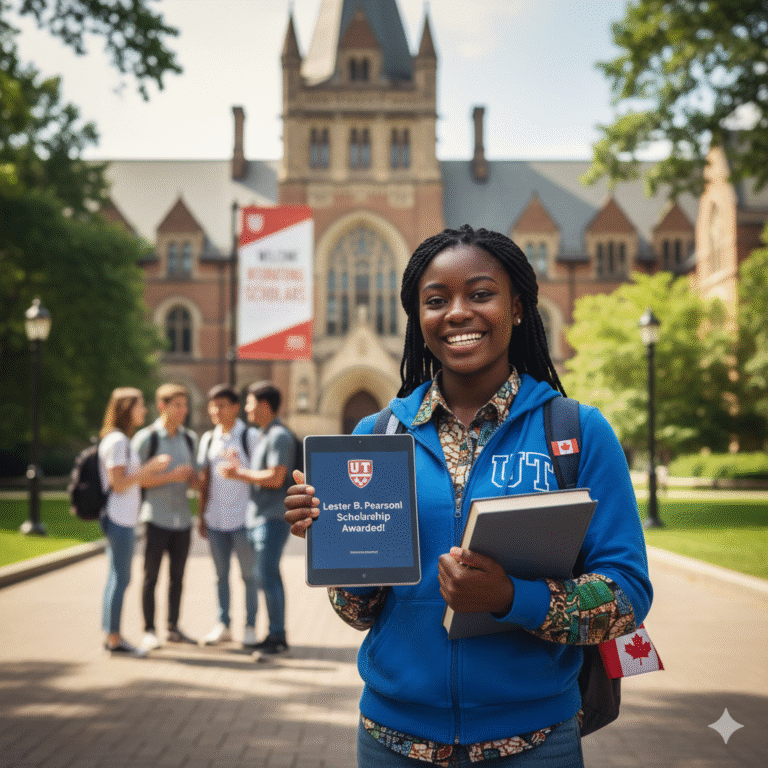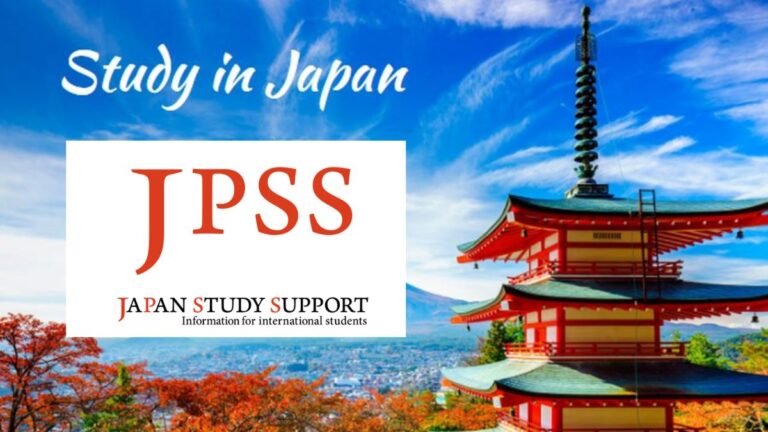Top 10 Most Common Mistakes to Avoid When Applying for Scholarships
Top 10 Most Common Mistakes to Avoid When Applying for Scholarships
Let’s be real: school in Nigeria is expensive. University fees, textbooks, hostel accommodation… it all adds up. A scholarship can feel like a golden ticket, but I see so many brilliant students get rejected for simple, avoidable reasons.
They make the same errors over and over. My goal here is to show you the top 10 common mistakes to avoid when applying for scholarships so you don’t fall into the same traps.
This is the stuff most people learn the hard way.

1. Missing Deadlines
This sounds obvious, right? You’d be shocked.
“Nigerian time” doesn’t work for a scholarship portal. If the deadline is 11:59 PM on Friday, submitting at 12:00 AM on Saturday means you’re out. No excuses.
Portals crash. NEPA can take light. Your data might finish. Don’t “plan” to submit on the last day. Aim for at least 48 hours before the deadline.
2. Not Following Instructions
I’ve seen applications ask for a 500-word essay, and a student submits 1,000 words, thinking “more is better.”
It’s not. It just shows you can’t follow simple instructions.
If they ask for a PDF, don’t upload a Word document (.docx). If they ask for your WAEC certificate, don’t upload your birth certificate. Read the requirements twice. Then read them a third time.
3. Submitting Incomplete Applications
The “Submit” button is not your friend until you are 100% done.
A missing letter of recommendation, a blank “extracurriculars” section, or forgetting to upload your JAMB result is an automatic “No.” Create a checklist for every single scholarship and tick items off as you get them.
Don’t assume they’ll “manage it like that.” They won’t.
4. Writing Generic “Copy and Paste” Essays
This is probably the biggest mistake I see. You write one “Why I deserve this scholarship” essay and send it to 20 different organizations.
It’s lazy, and reviewers can spot it from a mile away.
If you’re applying for the Chevron Scholarship, for example, your essay should probably talk about engineering, energy, or community development. If you’re applying for a literature prize, that same essay is useless.
Connect your personal story to their specific mission.
5. Not Proofreading
You’ve just spent 10 hours writing an amazing essay about your passion for medicine, but you spelled “medicine” as “medcine” three times.
It just looks sloppy. It signals that you rush and don’t care about details.
After you’ve read it 10 times, you’ll go “word-blind” and miss errors. Give it to a friend, a lecturer, or even use a good grammar tool. A clean, error-free application shows professionalism.
6. Ignoring Eligibility Requirements
“Applicants must be from Ogun State.”
“Applicants must have a 4.5 CGPA.”
“Applicants must be in 200 level.”
These are not suggestions. If you’re from Oyo State with a 4.1 CGPA, you are wasting your time and data. It’s tempting to try your luck, I get it. But scholarship committees use these criteria as the first filter. You won’t even get to a human reviewer.
7. Using an Unprofessional Email Address
Seriously. It’s 2025.
You cannot be applying for a $20,000 scholarship with an email like sexybaby4real@yahoo.com or davido_boi@gmail.com. It takes five minutes to create a professional email.
Just use your name. firstname.lastname@gmail.com. That’s it. This is the email they will use to contact you if you win. Make it count.
8. Not Tailoring Your Application (Beyond the Essay
This is related to the generic essay, but it covers everything else. Your CV is not “one size fits all.”
If you’re applying for a scholarship based on leadership, you must re-order your CV to put “Class Prefect” or “Fellowship Coordinator” right at the top. If it’s for an academic scholarship, your CGPA and academic awards go first.
Tweak your application to mirror the language in the scholarship’s “About Us” page.
9. Overlooking Smaller Scholarships
Everyone is chasing the one big Shell or MTN scholarship. The competition is insane.
Meanwhile, your own Local Government, your hometown association, or even a small NGO might be offering N100,000. It doesn’t sound like much, but N100k can pay for all your books and data for a semester.
Win three of those “small” scholarships, and you’ve covered your session’s fees. The competition is way lower.
10. Giving Up Too Soon
You will get rejected. Let me just tell you that now.
You will probably get rejected 10, 20, or 50 times. It’s normal. It’s not a judgment on your intelligence or your worth. It just means the competition was high, or you weren’t the exact fit they wanted.
Every “No” is practice. The people who win are the ones who didn’t stop applying after the first five rejections.
A Key Mistake to Avoid When Applying for Scholarships: Scams
This one is painful. A “common mistake” that can cost you money is trusting fake scholarship notices.
Here’s the number one rule: You should never have to pay to apply for a scholarship. Ever.
If they ask for an “application fee,” “processing fee,” or “agent fee” to ‘guarantee’ you the slot, it’s a 100% scam. Run. Stick to official school websites, embassy sites, or trusted international platforms like the Chevening Scholarship or the Mastercard Foundation Scholars Program.
Frequently Asked Questions (FAQ)
How many scholarships should I apply for?
As many as you are eligible for. It’s a numbers game. But applying for 20 scholarships you half-care about is worse than applying for 10 that you’ve perfectly tailored your application for. Quality over pure quantity.
Do I need a “connect” or “long leg” to win a scholarship?
This is a big fear in Nigeria, and I get it. For some small, unknown awards, maybe. But for major national and international scholarships (like Shell, Agbami, Chevening, MTN), the process is extremely transparent and merit-based. They have reputations to protect. Your grades, essay, and interview are what matter.
My CGPA is not very high. Can I still get a scholarship?
Yes! Not all scholarships are about being the next Wole Soyinka. Many are based on other things: financial need, leadership potential, community service, or being from a specific region. Find the scholarships that play to your strengths, not just your CGPA.
Final Thoughts
Look, applying for scholarships is a job. It takes work, time, and thick skin.
But the payoff can change your life. Stop making these simple mistakes, treat each application with seriousness, and you’ll already be ahead of 90% of the crowd.





